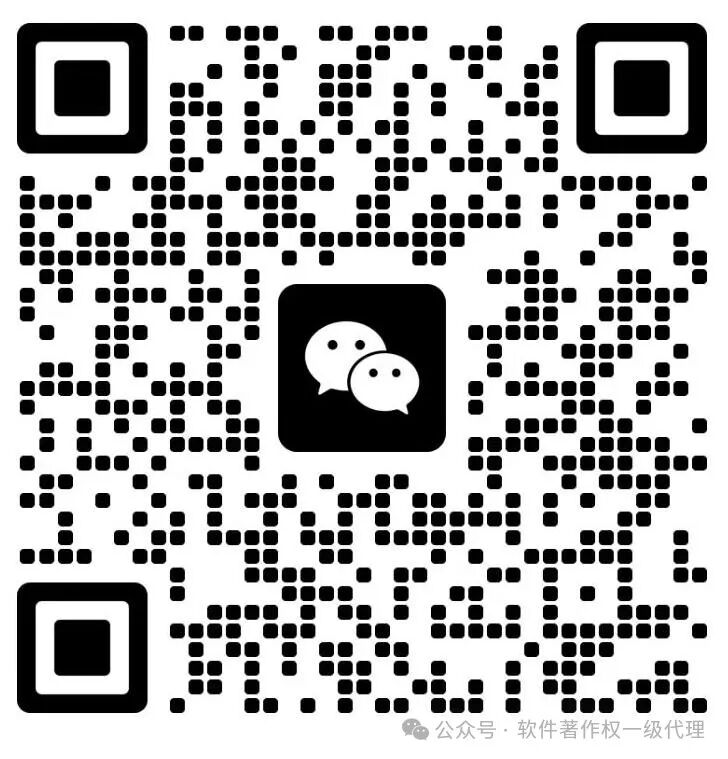

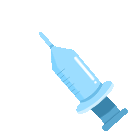

Is PLC Code Legally Protected?





In the field of industrial automation, PLC programming code carries core technological value. Faced with control system development projects worth tens of thousands to millions, how can we protect intellectual property through software copyright? This article will deeply analyze the possibility and practical path of copyright registration for PLC programming languages.

The Core Object of Software Copyright Protection

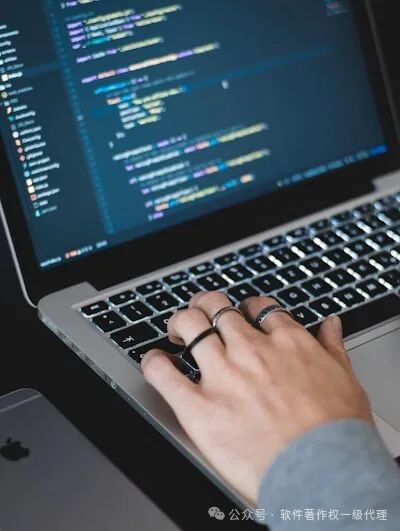
According to the “Regulations on the Protection of Computer Software”, the objects of software copyright protection include computer programs and their related documents. Programs refer to the coded instruction sequences that can achieve specific functions, while documents include technical materials such as flowcharts and user manuals. This protection does not extend to the ideas, processes, or mathematical concepts used in the development of the software itself.
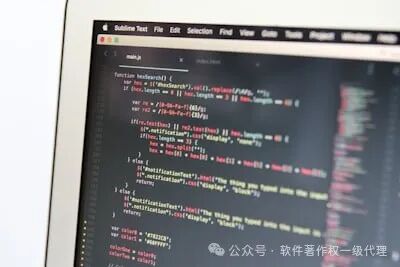
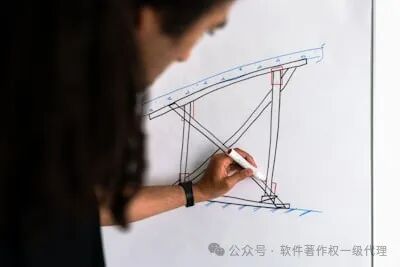
PLC programming languages (such as ladder diagrams and function block diagrams) are considered technical methods and do not meet the originality requirements. However, specific control programs written based on these languages, if they possess characteristics such as innovative logical structure and functional implementation, fully meet the conditions for copyright registration. For example, an elevator group control algorithm developed by a company successfully obtained a software copyright certificate.

Criteria for Determining the Registrability of PLC Programs


The core of successful registration lies in the program’s “originality” and “replicability”. A pump station control program from a water company successfully demonstrated the creativity of its code through a unique fault diagnosis module design and data collection logic. It should be noted that programs written purely by imitating standard examples (such as simple start-stop control) may be rejected due to a lack of innovation.
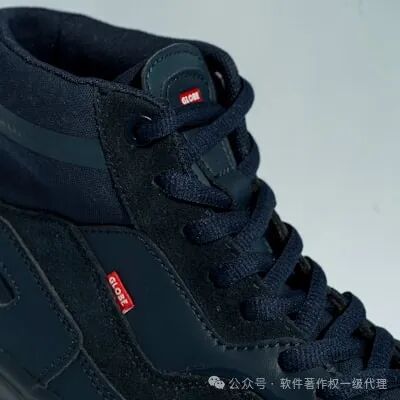
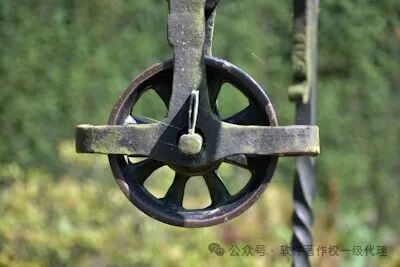
The completeness of technical documentation directly affects the success rate of registration. A smart manufacturing company in Suzhou not only provided the source code written in ST language but also included hardware architecture diagrams, communication protocol descriptions, and test reports, forming a complete chain of evidence. This systematic preparation of technical materials increased the copyright registration approval rate by over 40%.

Registration Operation Guidelines and Precautions

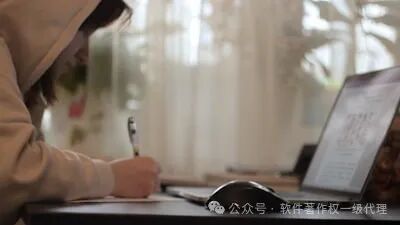
The application materials must include: 1) Program source code (first 30 pages + last 30 pages) 2) Design specification 3) Applicant’s identity documents. Special reminder: Programs related to industrial control safety must undergo desensitization. A robot manufacturer, when applying for a welding control program, adopted a segmented submission strategy for the core algorithm part, protecting trade secrets while meeting review requirements.
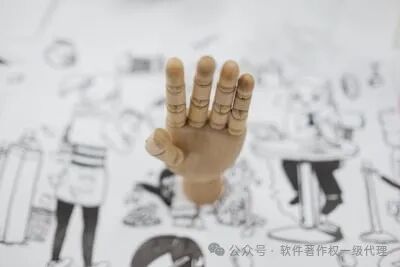

The registration process usually takes 60 working days and can be submitted online through the China Copyright Protection Center. It is recommended to choose a professional agency for pre-inspection. An automation company discovered that the program documentation lacked version descriptions during pre-inspection and timely supplemented it, shortening the processing cycle by 30%. It is worth noting that software copyright and patent protection complement each other, and complex algorithms are recommended to apply for invention patents simultaneously.

END

